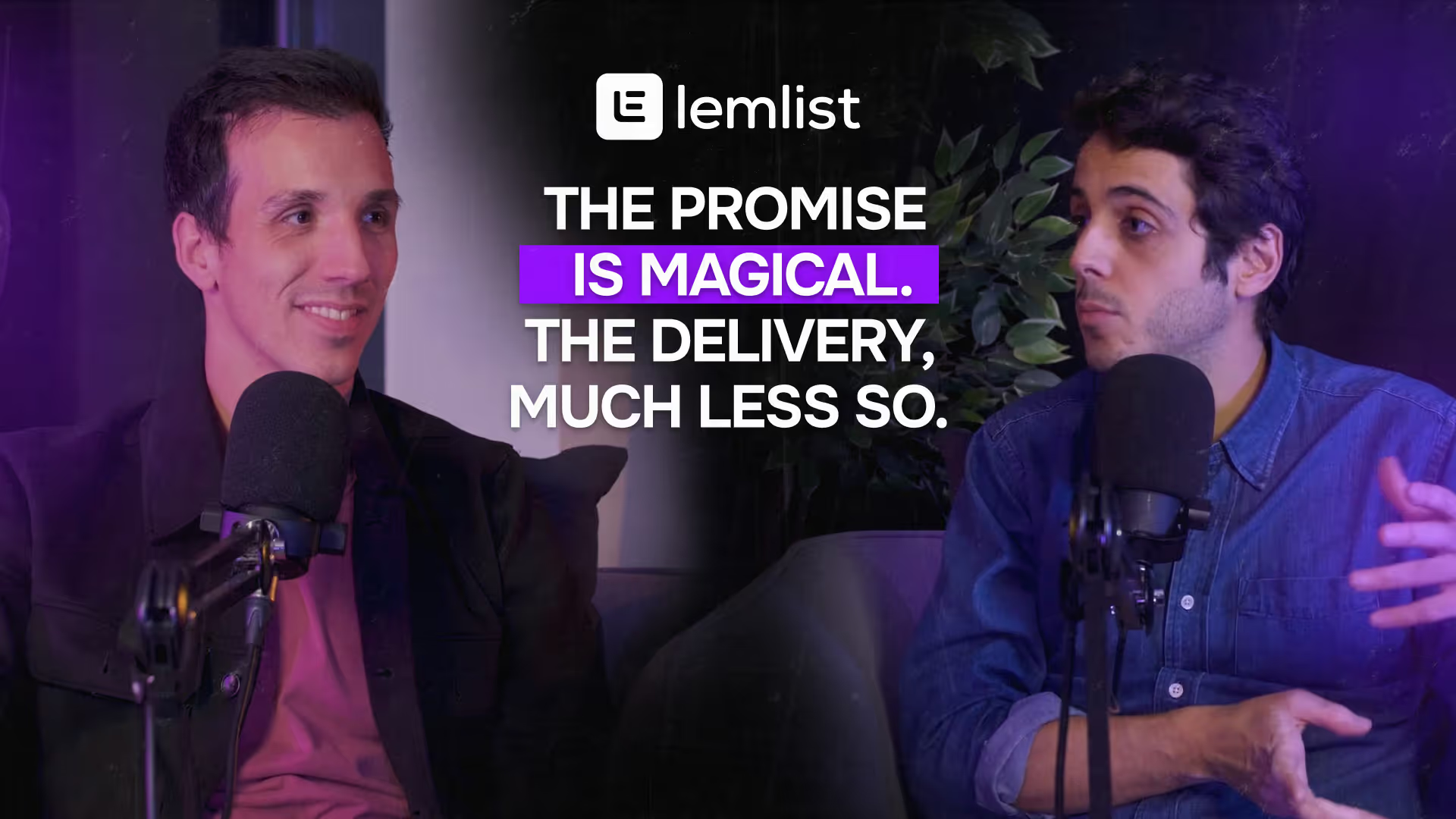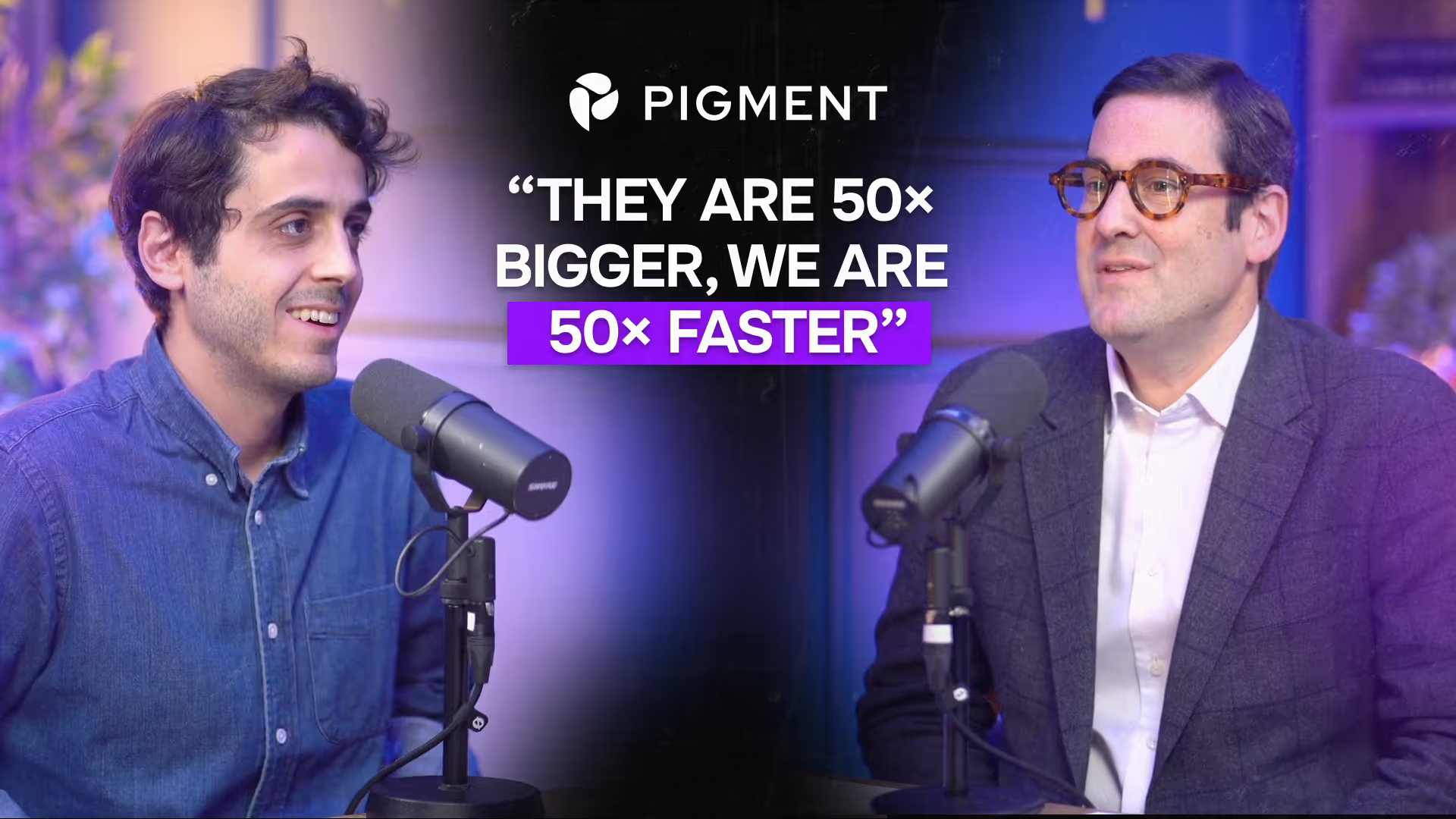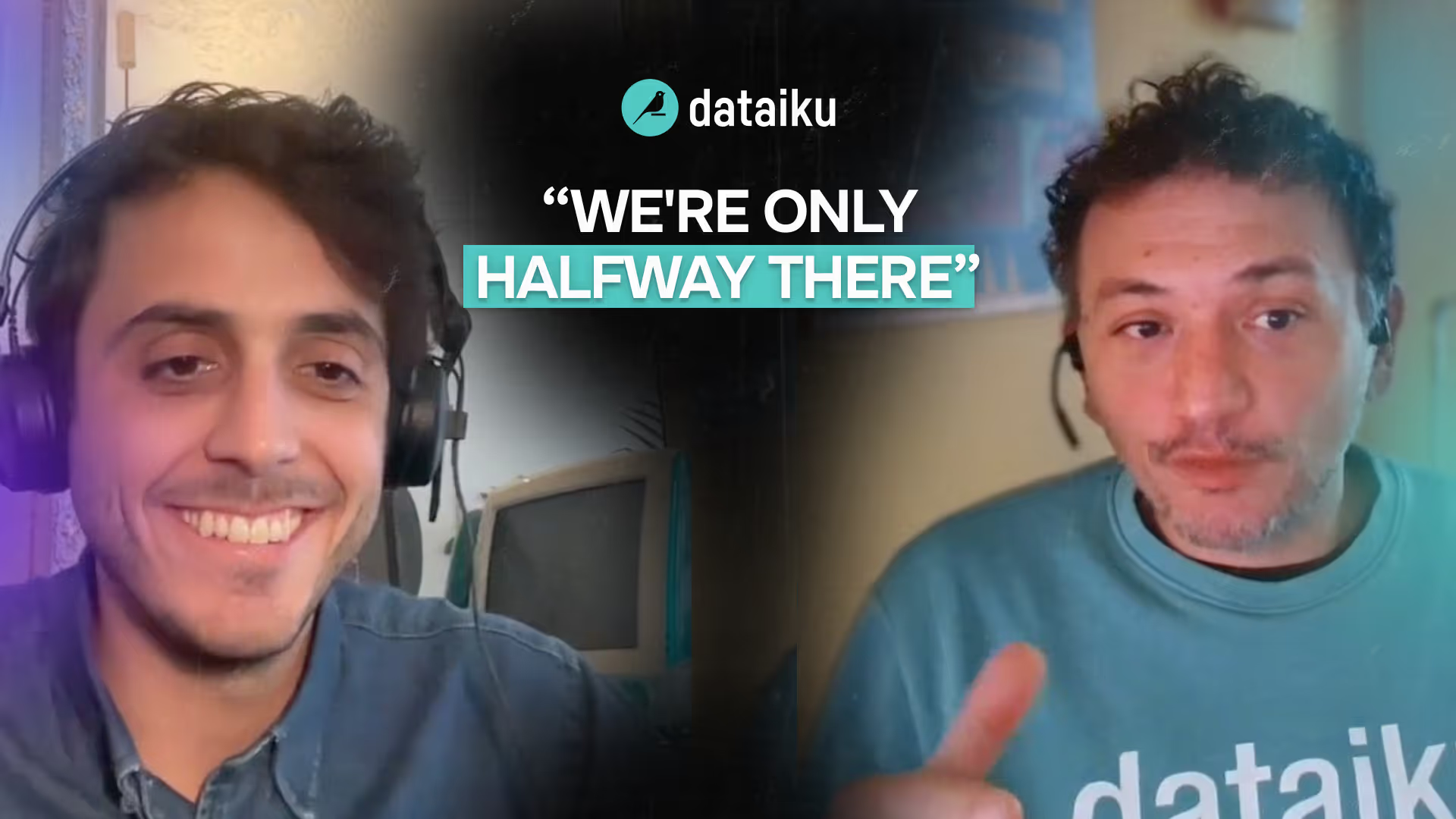
How Tomorro built its product around AI
In a world where every startup claims to “use AI,” few have actually rebuilt their product around it. At Tomorro, the approach is radical: rethinking how companies handle contracts — not by adding AI on top, but by rebuilding the entire product around it. That’s the story Antoine Fabre, CEO and cofounder of Tomorro, shared on the Phacet podcast.
Published on :
July 23, 2025
From aerospace to tech: learning through constraints
Before becoming an entrepreneur, Antoine worked in aerospace — a world defined by precision, procedure, and zero tolerance for error.
Moving into tech was a shock. Suddenly, the goal wasn’t to avoid mistakes — it was to make them faster.
“In aerospace, you learn to avoid errors. In startups, you make them to learn faster.”
That shift shaped his philosophy: structure creates freedom.
The right framework isn’t a limitation — it’s what allows creativity to thrive.
That mindset became the foundation of Tomorro’s product culture.
Finding the right problem to solve
Before Tomorro, Antoine and his cofounder explored multiple ideas — collaboration, document management, project tools.
But through conversations with legal and finance teams, one pain point stood out: contracts.
These documents are everywhere, yet remain painfully hard to manage.
Each one holds legal, financial, and operational meaning — but most are buried in folders, unread.
“Contracts are the skeleton of a company. Everything starts there.”
That insight led to Tomorro: a platform built to simplify and automate contract management while respecting its inherent complexity.
When AI doesn’t add on — it replaces
The arrival of generative AI changed everything.
Instead of “plugging a model” into their existing product, Tomorro made a bold choice: remove what no longer made sense and rebuild from scratch.
“We deleted entire parts of the product to rebuild around AI.”
This was more than a feature update — it was a shift in identity.
Tomorro evolved from a workflow tool into a decision copilot.
AI became the invisible architecture that reads, compares, and anticipates.
“We don’t talk about a tool anymore. We talk about a copilot.”
That transition required rethinking everything: the interface, the data model, even how the team defines “value” inside the product.
Rethinking product means rethinking team
AI didn’t just reshape Tomorro’s product — it transformed how the team works.
Designers, engineers, and product leads now collaborate around one principle: every new feature must justify its existence in an AI-first product.
“AI isn’t a marketing topic. It’s a product strategy.”
Antoine emphasizes that adoption starts internally.
At Tomorro, the process is organic: people test, learn, and iterate — not because they’re told to, but because curiosity drives progress.
“AI is a new way of thinking. You have to practice it to understand it.”
This cultural shift made the company faster, leaner, and more aligned around experimentation.
From static documents to living contracts
What’s emerging at Tomorro isn’t just a smarter tool — it’s a new relationship with information.
AI turns the contract from a static file into a living object: able to summarize itself, compare clauses, and highlight anomalies.
“Contracts don’t sleep in folders anymore. They work with you.”
That vision extends beyond the legal team.
In the near future, a CFO or head of sales won’t read contracts — they’ll query them.
The contract becomes a data layer for the entire company.
What Tomorro teaches us about building with AI
Through Antoine Fabre’s story, one message stands out: AI shouldn’t be added to a product — it should redefine it.
Building with AI means unlearning what made sense before, and rebuilding with new logic.
It’s not about speed or hype — it’s about structure and purpose.
“It’s not an interface revolution. It’s a structural one.”
At Tomorro, this belief has turned AI from a feature into a foundation — and that’s what truly sets them apart.
Explore more from Phacet
Unlock your AI potential
Do more with your existing resources using tailored AI solutions.



.avif)




